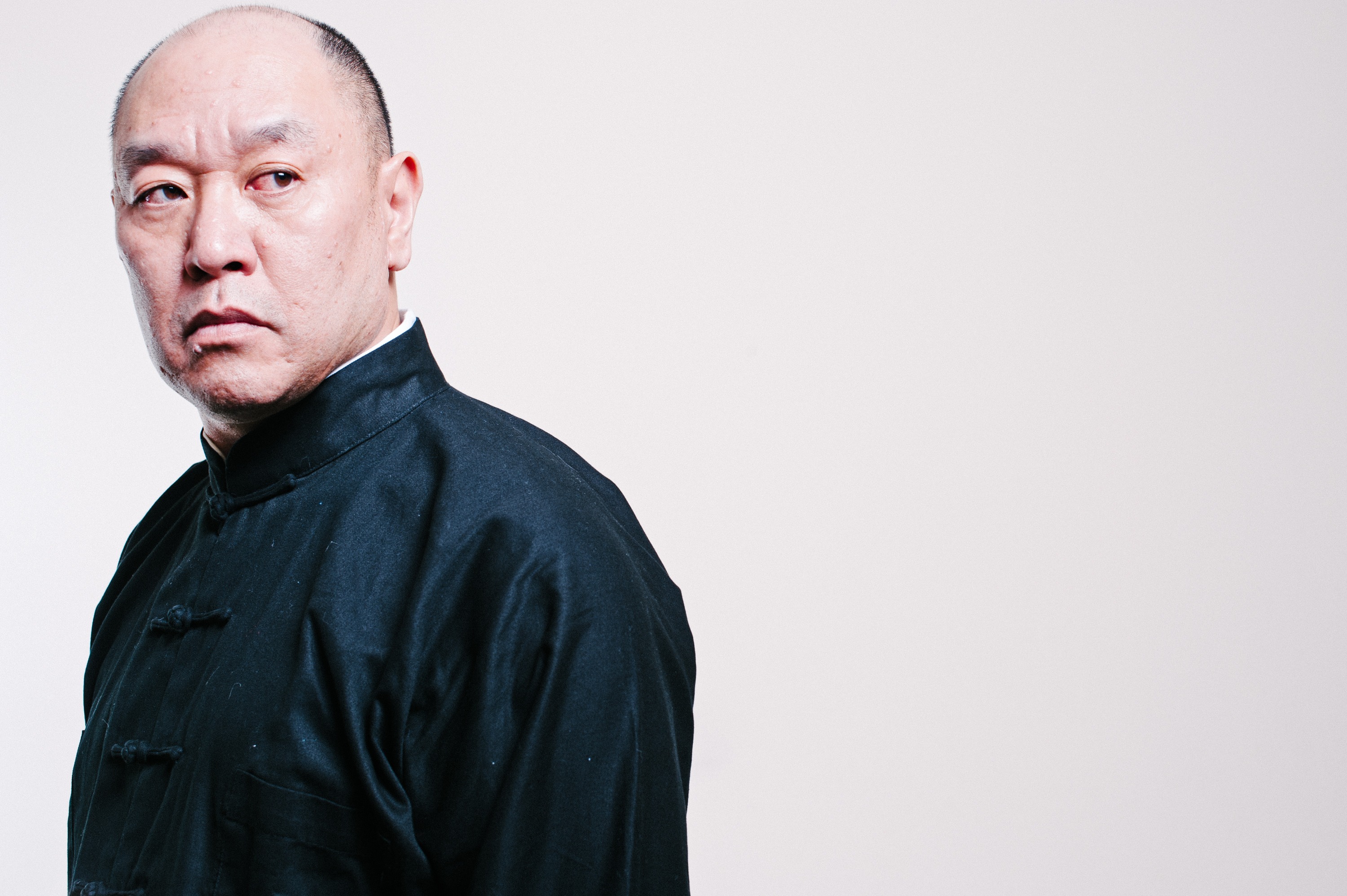
Bruce Lee’s Hong Kong Years: …...
This content is for Monthly Full Access members only.
Register
Register
Already a member? Log in here
20 April, 2019
Categories
- Articles
- BJJ
- Book
- Breathing
- Bruce Lee
- Catch Wrestling
- Chi Sao
- Chi Sao Competitions
- Chin Na
- Chinese Boxing
- Chinese Medicine
- Details 101 Series
- Eskrima
- Fights
- Force Flow
- Forms
- Gor Sao
- Gu Lao Wing Chun
- Hawkins Cheung
- Hendrik Santo
- Hong Kong 2020
- Inner Members Only
- Internal
- Interviews
- Kettlebells
- Kickboxing
- Magazine Cover
- Members Only
- Mentor Course
- Mind
- MMA
- Modules
- Momentum
- News
- Online training Products
- Perth Seminar Series
- Perth Seminars 2017
- Pole
- Private Lessons 2016
- Qi
- Robert Chu
- Sanda
- Seminars
- Seminars 2019
- Shuai Jiao
- Singapore Seminar 2018
- Singapore Seminar Series 2017
- Sparring
- Spear
- Strength and Conditioning
- Structure
- Tai Ji
- Thailand 2018
- Thailand 2019
- Thailand 2023 Internal and Combat Arts Summit
- Thailand Camp
- Thailand Camp 2015
- UK Seminar Tour 2017
- Uncategorized
- Updates
- Video Breakdown
- Weapons
- Wing Chun in Boxing
- Wing Chun in MMA
- Wing Chun Schools
- Wing Chun Trinity
- Wing Chun Video Q&As
- Wooden Dummy
- Wrestling
- Zen
Recent Posts
Recent Comments
- Michael Bark on CSL Gu Lao Wing Chun Major Points Set 2
- James Kirkcaldy on CK Second Form Application Drills 2
- Alan Orr on SNT First Form Part 1 First Section
- Daniel Ljungdell on SNT First Form Part 1 First Section
- Albert Wangsawijaya on Advance Hidden Skills of CSL Wing Chun 1
0 responses on "Bruce Lee's Hong Kong Years By Hawkins Cheung, as told to Robert Chu (First published in Inside Kung-Fu 91/11)"